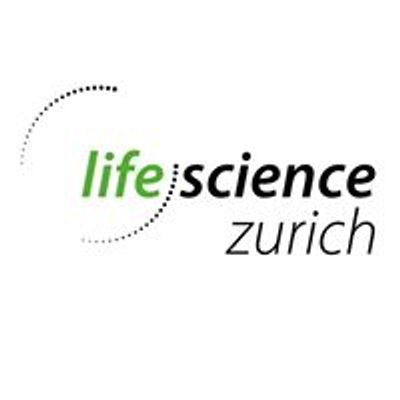
Advertisement
The knowledge of nonliterate societies may vanish in silence jeopardizing indigenous peoples’ livelihoods. Yet, this cultural component is missed by studies on ecosystem services that have historically emphasized the ecological dimension. In this talk, Prof. Bascompte will first introduce the concept of indigenous knowledge networks to map the intricate relationship between the ecological and cultural heritages. These can be seen as the equivalent of papyrus scrolls from ancient civilizations such as the Greek and Egyptian. Using this network approach, he will show that most medicinal knowledge is known by a single language and that these languages with unique knowledge are among the most endangered ones. The alarming loss of languages, therefore, adds to the effects of plant extinction through climate change, which may be more detrimental for the subset of plants used by indigenous communities. Each indigenous language is therefore a unique reservoir of medicinal knowledge—a Rosetta stone for unraveling and conserving nature’s contributions to people.Jordi Bascompte is a professor of ecology at the University of Zurich and the director of its specialized master's program on quantitative environmental sciences. He is best known for having brought the interactions of mutual benefit between plants and animals into community ecology, at the time largely dominated by predation and competition
Image courtesy of Susana Cámara-Leret in Cámara-Leret et al. (2019). PNAS 116: 9913–9918.
Advertisement
Event Venue & Nearby Stays
Coworking Lounge Tessinerplatz, Tessinerplatz 7, 8002 Zürich, Schweiz,Zürich, Switzerland, Zurich
Tickets












